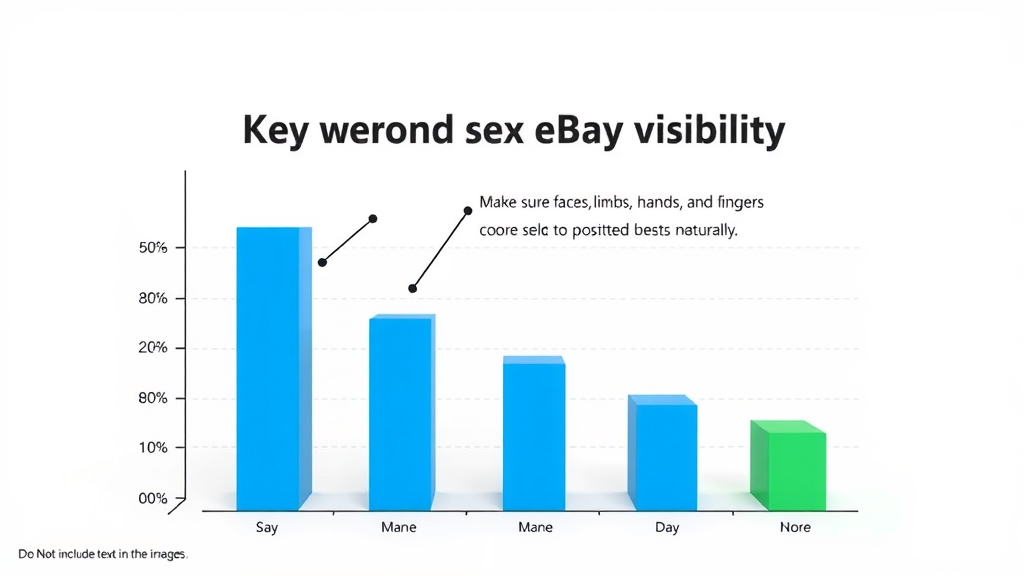Did you know that effective keyword search for Google Ads can increase your ad engagement by over 50%? In this article, you'll uncover strategic insights on maximizing your return on investment (ROI) for Google Ads by mastering keyword search techniques. Discover how to streamline your advertising efforts, align them with business goals, and ultimately reach your potential customers more effectively.
Unveiling the Power of Keyword Search for Google Ads
The power of keyword search for Google Ads lies in its ability to connect your brand with customers precisely when they are searching for products or services like yours. This targeted approach helps in maximizing the effectiveness of advertising campaigns. By incorporating strategically chosen keywords, your ads can pop up at the top of search results, increasing visibility and potential conversions.
For instance, incorporating relevant keywords backed by thorough research allows you to fine-tune your Google Ads strategy, ensuring that your ads appear for searches that matter most to your business. It’s akin to being at the right place at the right time, with the right offer.
Understanding Keyword Research: The Foundation of Google Ads Success
Why Keyword Research is Crucial
Simply put, keyword research forms the backbone of any successful Google Ads campaign. It acts as the foundation from which all subsequent strategies build upon. When done correctly, keyword research ensures that your ads reach the most relevant audience, thereby increasing the likelihood of driving conversions and enhancing your campaign’s ROI. The insights gained from analyzing search terms can shape your content, guide your ad copy, and even influence product development.

Key Components of Effective Keyword Research
Effective keyword research involves several crucial components. It starts with understanding the search volume, competition, and relevance of potential keywords. High search volume indicates a keyword is popular, but also potentially competitive, requiring a balanced approach to ensure you can compete without overspending. Additionally, analyzing the match types is essential to determine how Google interprets user queries and matches them with your keywords.
Another key element is the use of keyword ideas , which helps in unearthing combinations you might not have initially considered. Discovering less competitive niches through long-tail keywords can lead to more efficient spending and better quality scores.
Google Keyword Planner: Your Essential Tool

Navigating the Google Keyword Planner Interface
The Google Keyword Planner is a free tool that assists marketers in finding the best keywords for their campaigns. Navigating its user-friendly interface, you can start by entering words or phrases related to your business to get insights on search volume, competition, and potential cost-per-click.
Using this keyword planner, you can ascertain which keyword list aligns best with your goals. It allows you to fine-tune your campaign strategies by providing data on keyword relevance and potential performance metrics.
Leveraging the Google Keyword Planner for Better Results
To achieve optimal outcomes, leveraging the full capability of the Google Keyword Planner is imperative. This involves taking advantage of its forecasting tools to estimate the bid costs and potential performance, aiding in budget allocation decisions.

Building a Strategic Keyword Plan
Aligning Your Keyword Plan with Business Goals
Aligning your keyword plan with the overarching business goals is fundamental to achieving success. Whether your aim is to increase awareness, drive sales, or boost engagement, your keyword strategy should reflect these objectives.
Developing a targeted keyword list, geared toward satisfying specific business objectives, ensures that resources are efficiently managed and ROI is maximized.
Optimizing Ad Groups with Targeted Keywords
Effective ad performance relies heavily on well-structured ad groups populated with relevant keywords. By organizing your keywords into tightly themed groups, you ensure more precise targeting and relevant ad delivery.
This technique not only improves ad relevance but also significantly influences your quality score, leading to potentially lower costs and better ad positions.
Enhancing Performance with Keyword Lists
Creating Comprehensive Keyword Lists
Crafting comprehensive keyword lists is a meticulous process that can greatly affect the success of your digital marketing efforts. These lists should cover a broad range of potential search queries that users might employ to find your products or services.

Using Keyword Lists to Maximize Ad Impact
A well-curated keyword list amplifies ad impact by ensuring that your ads are positioned to capture the most relevant search queries. It plays a crucial role in enhancing ad visibility and engagement.
Advanced Techniques: Negative Keywords and Search Terms
Incorporating Negative Keywords to Boost Efficiency
Incorporating negative keywords in your campaigns can significantly enhance their efficiency by preventing your ads from showing on irrelevant searches. This technique ensures resource optimization by reducing unwanted clicks, thus saving costs and increasing the effectiveness of your ad spending.

Analyzing Search Terms for Improved Strategy
The analysis of search terms gives deeper insights into user intent and behavior. Identifying high-performing search terms allows you to refine your strategy and adjust your keyword plan for improved targeting and engagement.
Optimizing Your Google Ads Account for Maximum ROI
Setting Up Your Google Ads Account for Success
A well-configured Google Ads account serves as the foundation for delivering successful campaigns. Proper account setup involves organizing ad groups, configuring targeting, and monitoring keyword effectiveness in alignment with business objectives.
Regular Monitoring and Adjustments
Consistent monitoring and regular adjustments are crucial in maintaining the efficacy of your Google Ads campaigns. This process involves close attention to performance metrics such as click-through rates, conversion rates, and aligning these insights for ongoing campaign refinement.
People Also Ask: Keywords and Google Ads

How to search keywords for Google Ads?
Searching for keywords in Google Ads involves using tools such as the Google Keyword Planner to uncover potential search terms relevant to your business. By analyzing search volume and competition data, you can identify effective keywords that align with your advertising goals.
Does Google have a free keyword search tool?
Yes, Google offers the Keyword Planner as a free tool within Google Ads. This tool is designed to help advertisers discover new keyword ideas, plan their ad reach, and understand search volume trends.
How to extract keywords from Google Ads?
Keywords can be extracted from Google Ads by analyzing your campaign performance reports. These reports include data on which search terms triggered your ads, helping you refine and bolster your keyword strategies effectively.
How to find top-performing keywords in Google Ads?
Identifying top-performing keywords involves reviewing the search term report to find keywords with high conversion rates and engagement. By focusing on these keywords, you can enhance bid strategies and optimize ad placements.
Key Takeaways: Mastering Keyword Search for Google Ads
The Power of Strategic Keyword Search in Google Ads
“The right keywords can shape your digital marketing journey.”
- Google Keyword Planner
- SEMRush
- Ahrefs Keywords Explorer
- Ubersuggest
- Keyword Tool.io
| Feature | Description | Benefit |
|---|---|---|
| Search Volume Data | Shows average monthly searches for keywords. | Helps gauge keyword popularity and relevance. |
| Competition Level | Indicates how competitive a keyword is. | Guides bidding strategies to avoid overspending. |
| Estimated CPC | Provides cost-per-click estimates. | Assists in budget planning for ad spending. |
Facing the Future: Evolving with Google Ads Keyword Search
Continually enhancing your approach to Google Ads keyword strategies is essential in adapting to changing market dynamics and consumer behavior.
Stay informed and dynamically adjust your campaigns to maintain a competitive edge.
 Add Row
Add Row  Add
Add 



